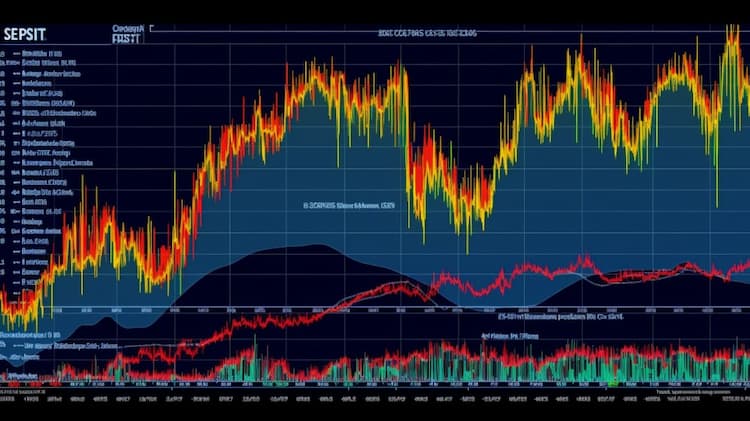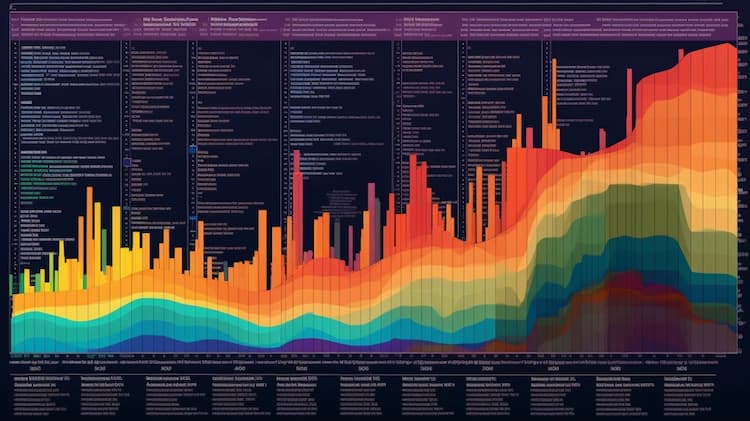
VOO VS VNQ: A Comprehensive Comparison of ETFs
Exchange-Traded Funds (ETFs) have transformed the investment landscape by offering investors diverse exposure across various sectors and asset classes. In this article, we will conduct a thorough comparison between two prominent ETFs: VOO (Vanguard S&P 500 ETF) and VNQ (Vanguard Real Estate ETF). We'll explore key aspects, including ETF tickers, full names, issuers, sectors, top holdings, capitalization, strategy, tracking, and exposure.
VOO VS VNQ: Overview
VOO and VNQ are two ETFs that cater to different segments of the market. VOO is designed to track the performance of the S&P 500 Index, providing broad exposure to large-cap U.S. stocks. On the other hand, VNQ focuses on the real estate sector, offering exposure to companies that invest in real estate through properties, REITs, and related assets. This fundamental difference in focus shapes their risk and return profiles.
VOO VS VNQ: Sectors and Top Holdings
The VOO ETF provides exposure to a diverse range of sectors due to its benchmark, the S&P 500 Index. Its top holdings include technology giants like Apple, Microsoft, Amazon, and Alphabet (Google). In contrast, VNQ concentrates its holdings in real estate-related industries, with companies like American Tower Corporation, Prologis, and Crown Castle International among its top holdings. Understanding these sectors and holdings aids investors in making informed decisions aligned with their investment objectives.
 VOO overlap VOO VS VNQ: A Comprehensive Comparison of ETFs
VOO overlap VOO VS VNQ: A Comprehensive Comparison of ETFs
VOO VS VNQ: Capitalization and Strategy
VOO boasts substantial assets under management (AUM) due to its popularity as a core investment option. Its strategy revolves around mirroring the performance of the S&P 500 Index, which represents a significant portion of the U.S. stock market. VNQ's strategy, however, is centered on real estate investment, aiming to capture the potential benefits of the real estate sector's growth and income potential. The varying capitalization and strategies of these ETFs present distinct risk-return trade-offs.
VOO VS VNQ: Tracking and Exposure
VOO aims to replicate the performance of the S&P 500 Index by holding the stocks that comprise the index. This approach provides investors with exposure to a broad range of industries and companies within the large-cap segment. VNQ, as a real estate-focused ETF, seeks to mirror the performance of the MSCI US Investable Market Real Estate 25/50 Index. This index includes companies engaged in various real estate activities, offering exposure to the real estate market's dynamics.
Conclusion
VOO and VNQ offer investors distinct opportunities to gain exposure to different segments of the market. While VOO provides access to the broad equity market through the S&P 500, VNQ focuses on the real estate sector's potential. For investors seeking insights into holdings, correlations, overlaps, and more, platforms like ETF Insider offer valuable tools. With its user-friendly interface, ETF Insider empowers investors to make well-informed decisions about these and other financial instruments.
Disclaimer: This article does not provide any investment advisory services.
Sources:
Vanguard (VOO) official website
Vanguard (VNQ) official website
S&P Dow Jones Indices official website
MSCI official website
VOO ETF issuer
VOO ETF official page
VOO quote and analysis
Discover the top holdings, correlations, and overlaps of ETFs using our visualization tool.
Our app allows you to build and track your portfolio.
To learn more about the VOO Vanguard S&P 500 ETF, access our dedicated page now.






























